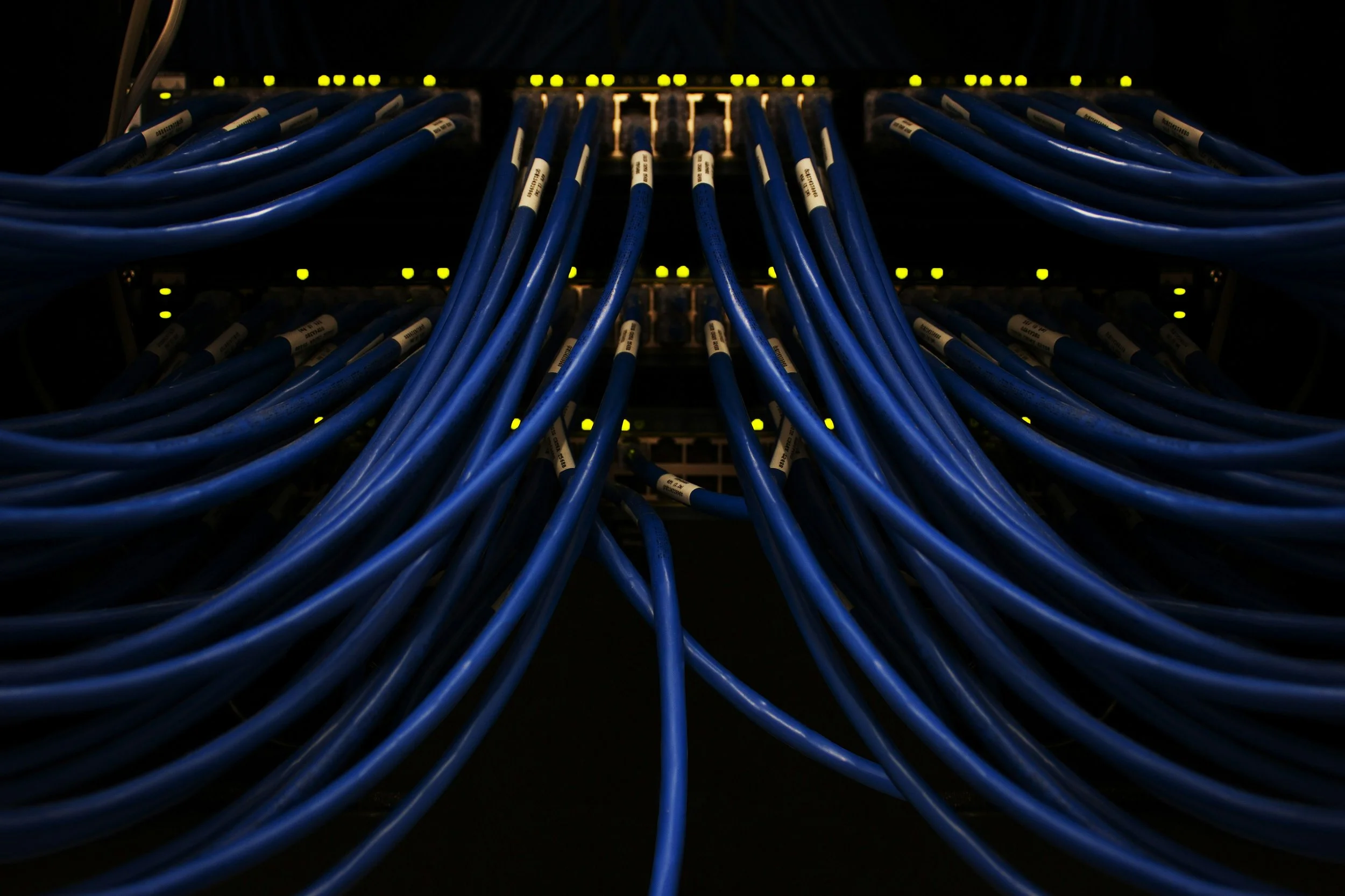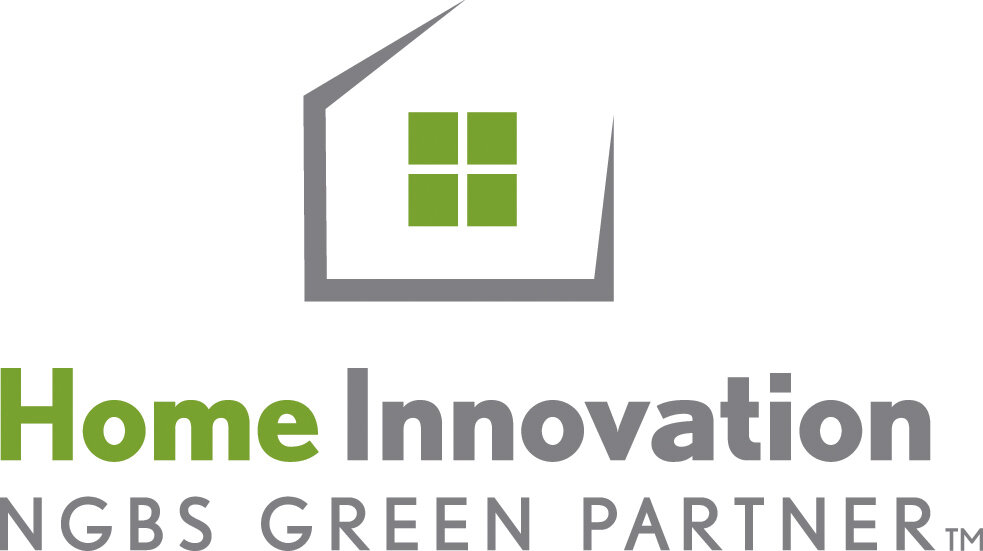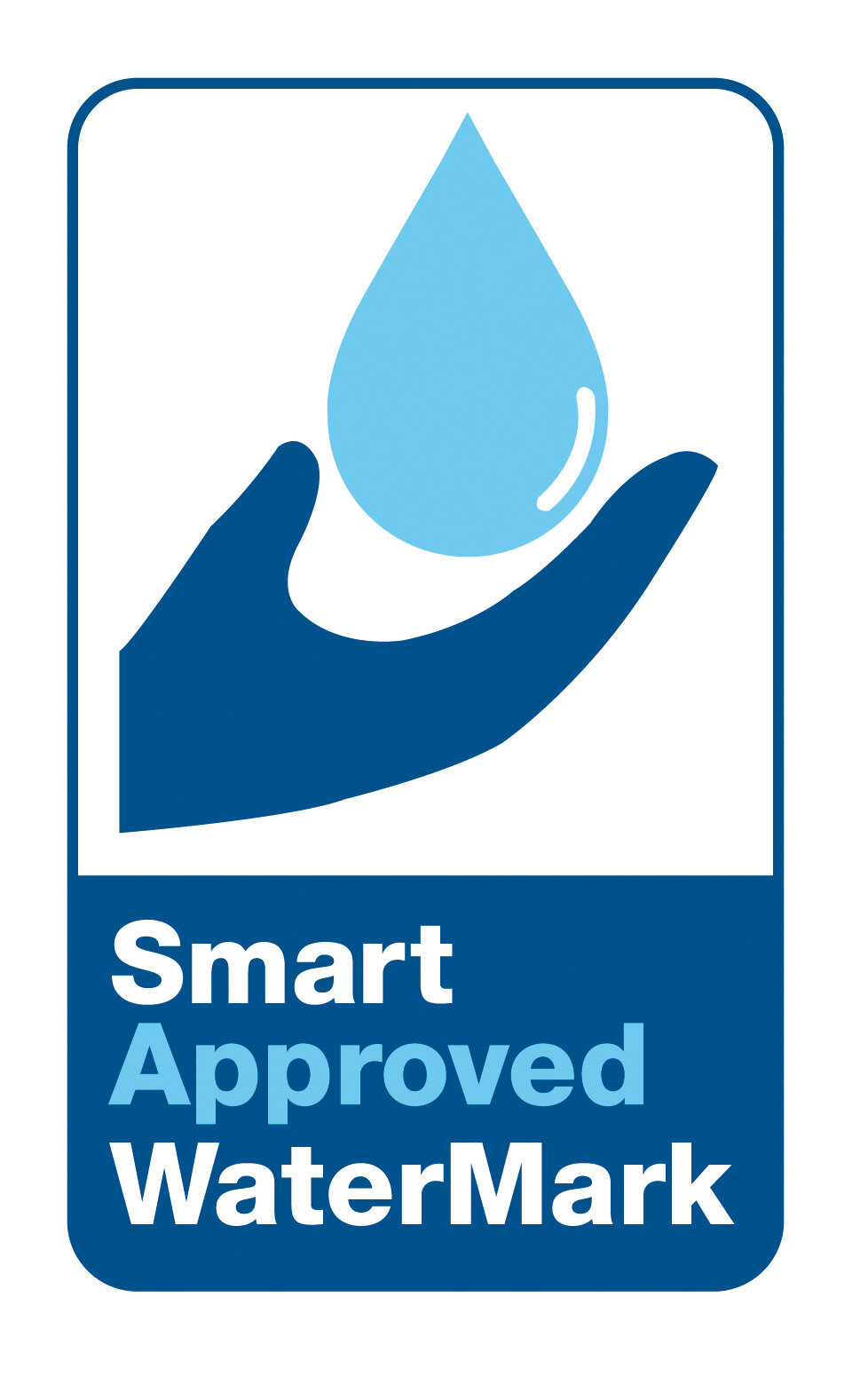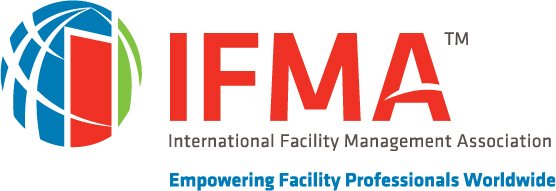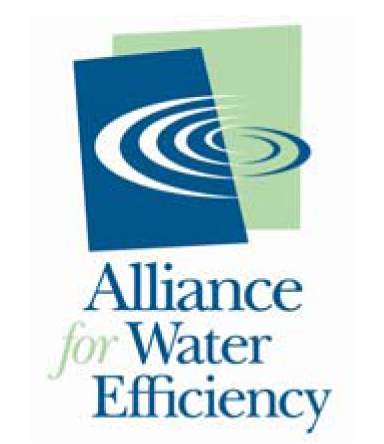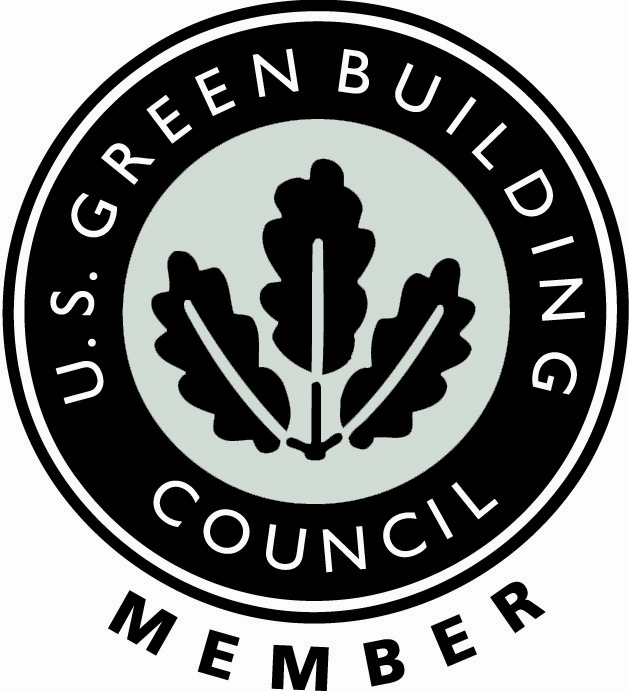Modern restroom design has evolved beyond basic functionality to become a crucial element in tenant attraction and retention. These branded restroom spaces serve as powerful tools that can influence leasing decisions.
The Evolution of Commercial Restroom Design
Commercial restrooms are no longer afterthoughts in building design. Today's tenants expect premium restroom experiences that reflect the quality and values of their workplace. This shift has driven innovative approaches to restroom design that prioritize both aesthetics and functionality.
Creating Calming Restroom Environments
The most significant trend in commercial restroom design is the transformation of these spaces into wellness-focused environments. This approach recognizes that restrooms can serve as brief retreats from the demands of the modern workplace.
Key elements of wellness-centered restroom design include:
Soft, calming colors that promote relaxation
Abundant natural light supplemented by warm LED lighting
Strategic use of mirrors to enhance brightness and space perception
Biophilic Design Elements
Living plants and green walls that improve air quality
Natural materials including wood, stone, and bamboo
Earth-tone color schemes that connect users with nature
Enhanced Comfort Features
Comfortable seating areas for brief respites
Premium fixtures and finishes
Thoughtfully designed layouts that maximize privacy and comfort
The Psychology of Restroom Wellness Design
Modern restroom wellness design acknowledges that these spaces offer opportunities for mental reset and rejuvenation. By incorporating calming elements and natural materials, building owners create environments that support occupant well-being throughout the workday.
The Rise of Robotic Restroom Maintenance
Robotic restroom cleaning technology represents a breakthrough in commercial building maintenance. While robotic systems have successfully handled carpet cleaning and floor maintenance for years, 2025 marks the emergence of comprehensive automated restroom cleaning solutions.
How AI-Powered Restroom Cleaning Works
The advancement of smart restroom cleaning systems has been enabled by:
Internet of Things (IoT) connectivity for real-time monitoring
Artificial intelligence algorithms for optimal cleaning routes
Advanced sensor technology for thorough surface detection
Cloud-based management platforms for remote oversight
Benefits of Automated Restroom Cleaning
Improved Health and Safety
Reduced staff exposure to contaminated surfaces
Minimized contact with harsh cleaning solutions
Consistent sanitization protocols
Operational Efficiency
24/7 cleaning capability without human intervention
Freed-up staff time for specialized cleaning tasks
Predictable maintenance schedules
Cost-Effective Solutions
Rapid return on investment (ROI) for large facilities (especially if waterless urinals have been installed)
Reduced labor costs for routine cleaning
Decreased cleaning supply waste through precise dispensing
Investment Considerations for Building Owners
Commercial restroom upgrades offer measurable returns through:
Higher tenant satisfaction scores
Increased lease renewal rates
Premium rental rates for well-appointed facilities
Reduced maintenance costs through quality fixtures
The Future: Restroom Design Innovation
The convergence of wellness-focused design and automated maintenance technology represents the future of commercial restroom spaces. Buildings that invest in these innovations position themselves as forward-thinking properties that prioritize occupant experience and operational efficiency.
Key Takeaways for Property Managers
Branded restroom design directly impacts tenant attraction and retention
Wellness-centered restroom spaces support occupant mental health and productivity
Automated cleaning technology offers significant operational advantages
Early adoption of these trends provides competitive advantages in the commercial real estate market
Greater water savings and efficiency, especially if waterless urinals have been installed.
The transformation of commercial restrooms from purely functional spaces to wellness-focused, technology-enabled environments reflects broader changes in workplace expectations. Building owners who embrace these restroom design trends create spaces that not only meet practical needs but also contribute to the overall quality of the tenant’s experience.
-Klaus
Klaus Reichardt is CEO and founder of Waterless Co, Inc., a pioneer in advancing water efficiency. Reichardt is a frequent author and presenter who discusses efficiency issues. He can be reached at klaus@waterless.com




